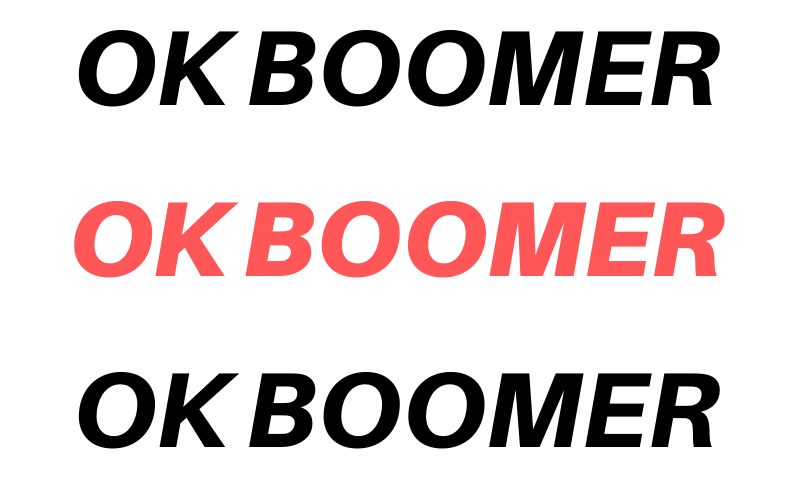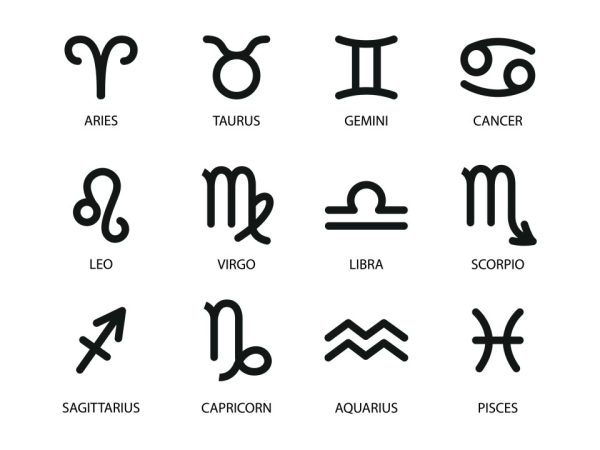OK Boomer: Origin, explanation, and effect
They judged our tattoos. They mocked our ripped jeans. They shot down our idealistic perspectives like they did the enemy planes back in ‘Nam.
Well, Generation Z is finally fighting back.
The Boomers think we’re a bunch of “snowflakes?” They think we’re naive? That we never listen? We’ll show them. We’ll rally behind a slogan so dismissive, so contemptuous, so comically aligned with all the Boomer-issued stereotypes, that it will encapsulate all the haughty indifference and brazen “immaturity” they see in us and throw it in their faces.
“OK, Boomer.”
The timeless conflict between young and old truly hit a boiling point in 2019. Earlier this year, a viral video spread on social media of an unidentified older man likening Millennial and Gen Z ideals to unrealistic utopianism, arguing that these younger generations have “Peter Pan Syndrome” but will one day “mature” and realize that “nothing is free and things aren’t equal.”
Gen Z wasn’t about to roll over and let him have this one. Thus, “OK Boomer” was born, and with it a new trend of pride in idealism and defiance of condescension swept the nation.
While some argue that “OK Boomer” ignited a generational culture war, just as many see the phrase as any other sarcastic quip or social media trend. Overall, the movement’s reception varied, and neither supporters nor opponents of the trend can be entirely confined to a specific side of the age spectrum.
But why have people villainized the baby boomer generation? According to John Protzko, a psychologist with the University of California Santa Barbara who studied the “kids these days” idea, the answer lies in presentism bias, or the prejudice that stems from our natural inclination to let present understandings influence our process of recollection.
“Authoritarian people especially think youth are less respectful of their elders, intelligent people especially think youth are less intelligent, and well-read people especially think youth enjoy reading less,” Protko determined. “Two mechanisms contribute to humanity’s perennial tendency to denigrate kids: a person-specific tendency to notice the limitations of others where one excels and a memory bias projecting one’s current qualities onto the youth of the past.”
When viewed in this scientific context, it’s easy to see that the modern Boomer-Z conflict isn’t some new phenomenon. Rather, it’s born of an age-old psychological habit that no one has gotten around to breaking. While admittedly in an unorthodox way, “OK Boomer” serves to check presentism bias in all its forms.
Half the time, “OK Boomer” isn’t directed strictly toward those born in the baby boomer generational confines (1946-1964). In practice, the retort attacks a mindset rather than an age range. It doesn’t matter if you’re 59 or 28—if you promote ideals viewed as outdated, politically incorrect or condescending, TikTok’s favorite audio clip is coming for you.
“OK Boomer” might be effective when it comes to checking judgmental attitudes, but tread lightly. If we’re not careful, Gen Z could become the generation known for its judgmental attitudes, and that’s not in service of anyone’s goals.




